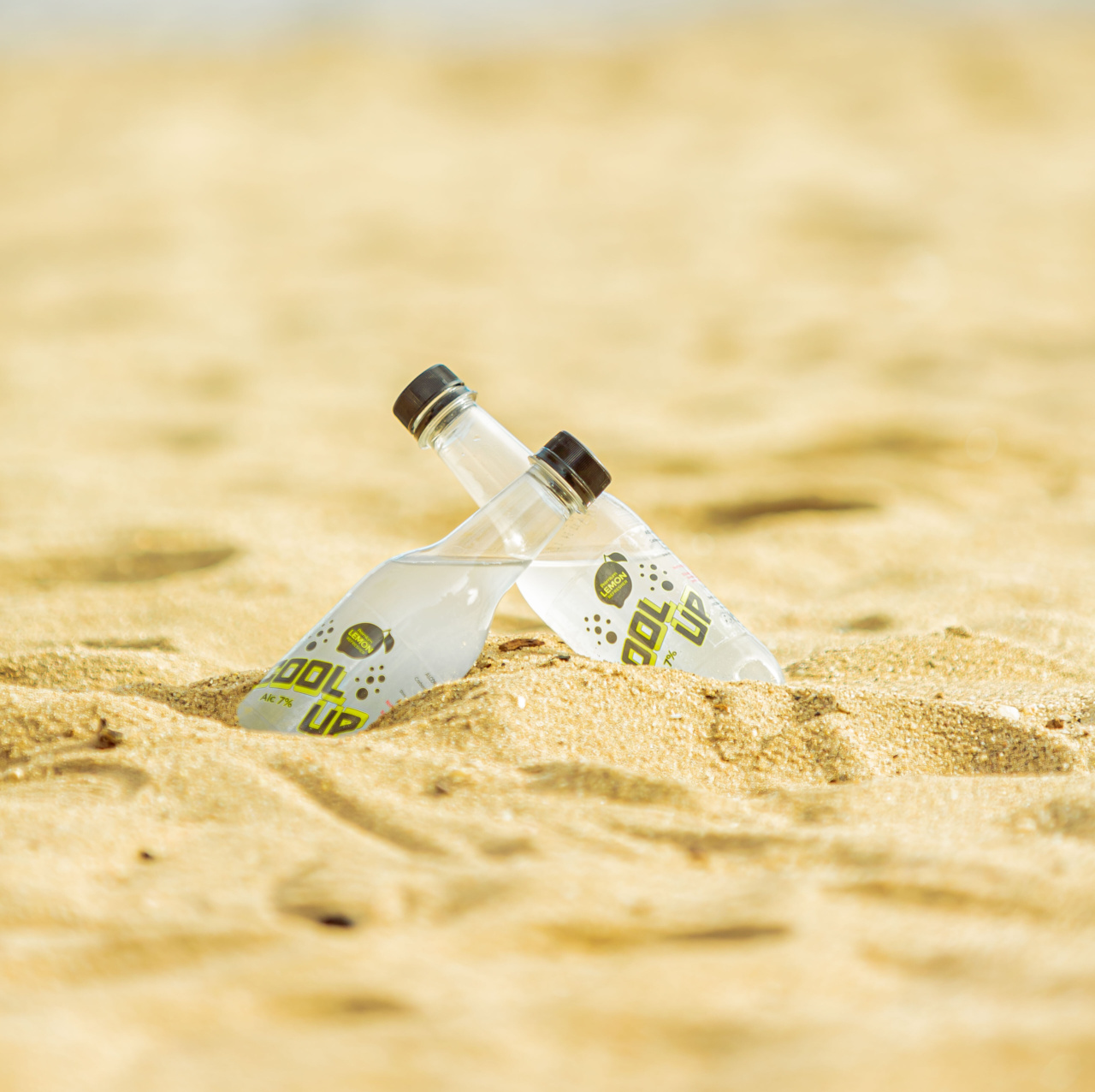Soda is one of the most popular beverages consumed worldwide. Its refreshing taste, fizzy bubbles, and wide variety of flavors make it an appealing choice for many individuals.
However, a recent study has found that soda might contain a carcinogenic substance, raising concerns about its safety and potential health risks. This alarming discovery has prompted researchers and health experts to investigate further and urge consumers to be aware of the potential dangers associated with this beloved beverage.
The Study: Uncovering the Truth
The study, conducted by a team of scientists from a renowned research institute, aimed to analyze the ingredients and components present in various soda brands.
Their objective was to determine whether any harmful substances could be identified, particularly those with potential carcinogenic effects. The research team meticulously examined a wide range of soda brands, including both popular and lesser-known options, to obtain comprehensive results.
After an extensive analysis, the researchers made a shocking discovery. They found traces of a known carcinogenic substance, namely 4-methylimidazole (4-MI), in numerous soda samples.
4-MI is a chemical compound that has been linked to an increased risk of cancer, particularly lung cancer, in previous studies. Its presence in soda raises immediate concerns regarding the potential detrimental effects on human health.
4-MI: A Potential Health Hazard
To better understand the significance of finding 4-MI in soda, it’s important to delve into its properties and potential health hazards.
4-MI is a byproduct that can be formed during the production of certain caramel coloring agents used in many foods and beverages, including soda. This compound has been classified as “possibly carcinogenic to humans” by the International Agency for Research on Cancer (IARC), a specialized agency of the World Health Organization (WHO).
It is clear that the presence of this substance in soda is a matter of concern and immediate attention.
The potential health effects associated with excessive consumption of 4-MI-contaminated soda are indeed worrisome.
Studies conducted on animals have provided evidence that prolonged exposure to high levels of 4-MI may lead to various types of cancer, including lung, liver, and thyroid cancers. While the exact threshold at which the compound becomes harmful to humans is yet to be defined, the presence of any amount of a possible carcinogen raises justified concerns and highlights the need for further research and regulation.
The Soda Industry’s Response
In response to the study’s findings, the soda industry maintains that their products are safe for human consumption.
They argue that the levels of 4-MI found in soda are significantly lower than those used in the studies that concluded potential health risks. Furthermore, they highlight the fact that extensive testing and regulatory guidelines are in place to ensure the safety of food and beverages, including soda.
Industry representatives also claim that the caramel coloring agents used in soda undergo a series of rigorous safety evaluations before being approved for use.
They emphasize that the quantity of 4-MI present in soda does not pose an immediate risk to human health and that consumers should not be unduly concerned.
Consumers’ Dilemma
With conflicting information and opposing views, consumers are left in a dilemma. On one hand, the presence of a possible carcinogen in soda raises genuine concerns about the potential health risks associated with its consumption.
On the other hand, the soda industry insists that their products are safe when consumed in moderation and that alarmist reactions are unwarranted.
It is crucial for consumers to make informed decisions about their beverage choices, taking into account the available evidence, recommendations from health experts, and their own personal health circumstances.
Moderation and balance are key factors when it comes to enjoying soda or any other potentially unhealthy food or beverage.
Healthier Alternatives and Public Awareness
In light of the potential risks associated with soda consumption, it is essential to explore healthier alternatives to satisfy our thirst and cravings.
There is an array of options available in the market, including natural fruit juices, infused water, herbal teas, and flavored seltzers. These alternatives can offer similar taste experiences while delivering better nutritional value with fewer potential health risks.
Public awareness campaigns play a crucial role in educating individuals about the potential dangers associated with certain food and beverage choices.
By spreading the word and sharing scientific findings in an easily understandable manner, consumers can gain a better understanding of the potential risks and make informed decisions about their dietary habits.
Conclusion: An Urgent Call for Further Investigation
The presence of a possible carcinogenic substance, 4-MI, in soda raises important concerns about the safety of this widely consumed beverage.
While the soda industry claims their products are safe, the conflicting information and potential health risks associated with 4-MI warrant further investigation.
In the meantime, it is advisable for consumers to be cautious and moderate their soda consumption.
Exploring healthier alternatives and staying informed about the latest research and expert recommendations can help individuals protect their health and make informed choices about the beverages they consume.































